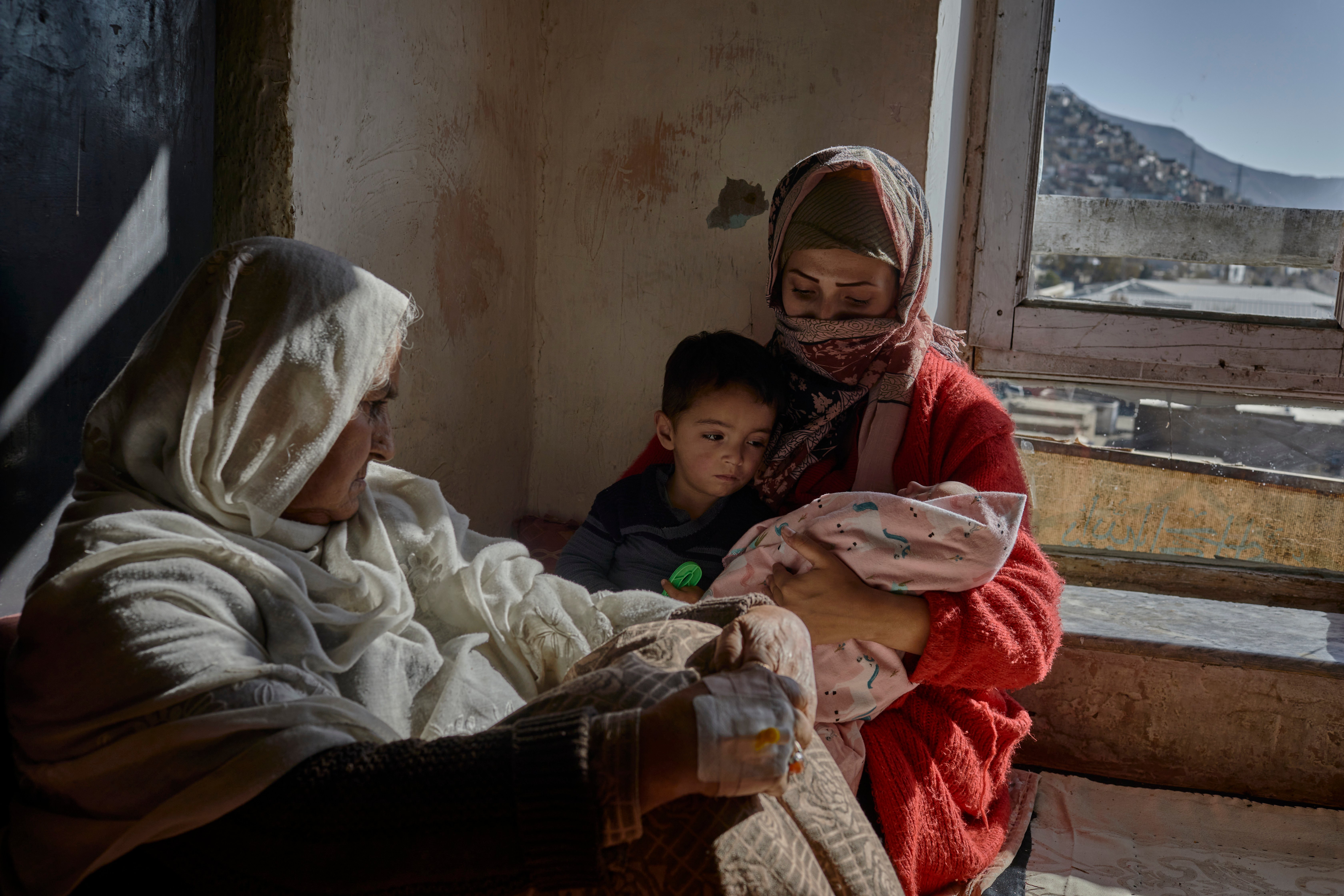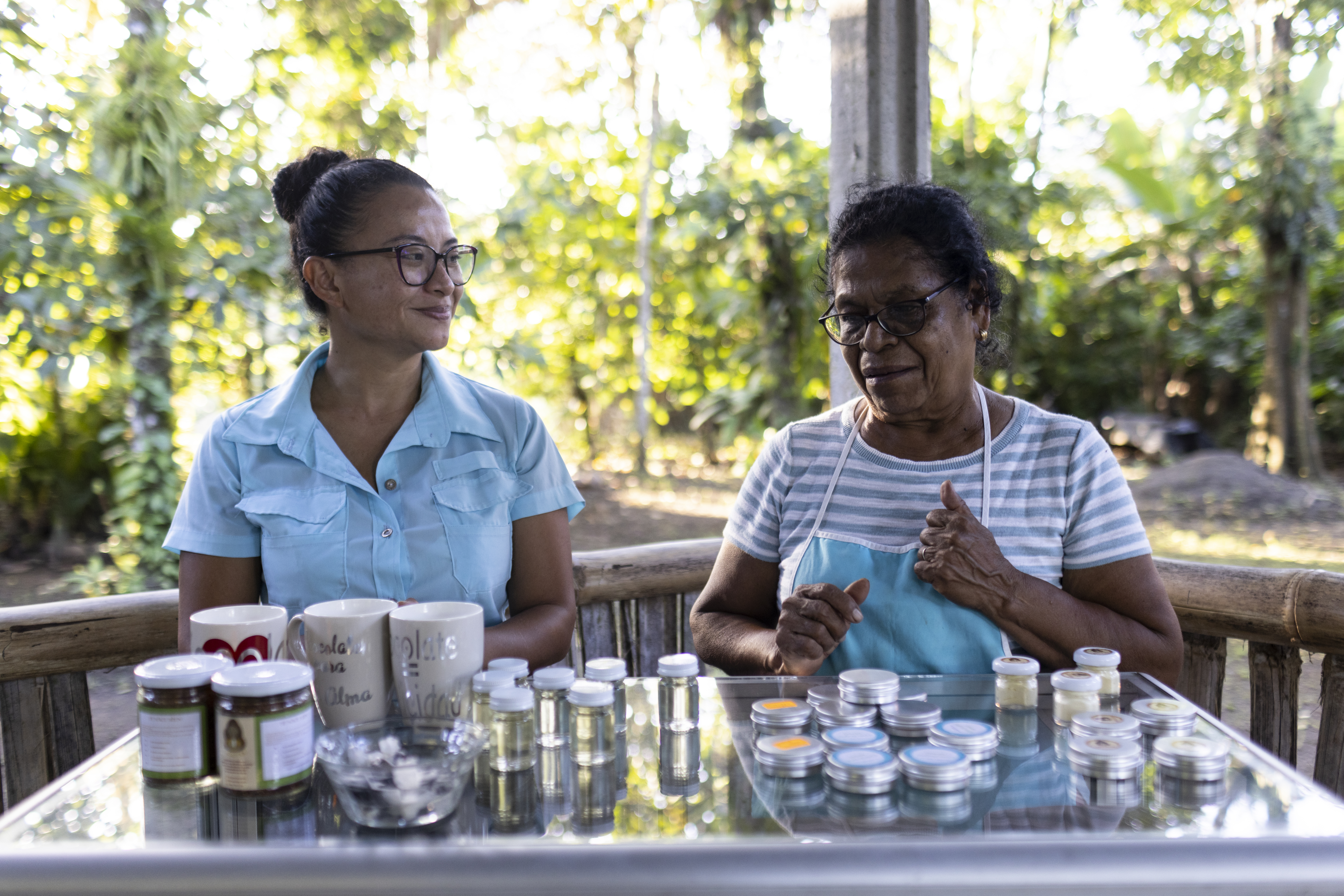UNHCR hails 10th anniversary of Canada's Guidelines on gender-related persecution
UNHCR hails 10th anniversary of Canada's Guidelines on gender-related persecution
OTTAWA, Canada, March 7 (UNHCR) - Sima (not her real name) is safe today, thanks to a document issued a decade ago by Canada's Immigration and Refugee Board. Ten years ago Canada broke new ground when it published a set of Guidelines on "Women Refugee Claimants Fearing Gender-Related Persecution".
A native of Afghanistan, Sima divorced her abusive first husband and sent her young daughter out of the country, because of fear. When her ex-husband, a Taliban member, discovered that his daughter was not available to enter into an arranged marriage, he beat and threatened Sima, and had her current husband arrested. Sima took her young son and fled to Canada, where they were recognised as refugees.
"Canada was the trail-blazer in developing an asylum process that takes proper account of gender-related persecution," said High Commissioner Ruud Lubbers. "The Canadian Guidelines were the first of their kind, and led other countries to recognise the importance of devoting special attention to the protection of refugee women."
The definition of a refugee contained in the 1951 Convention relating to the Status of Refugees does not include gender among the five grounds for refugee status. However, it is now widely accepted, as the Canadian Guidelines made clear, that any of the five Convention grounds - race, religion, nationality, membership in a particular social group, or political opinion - can provide a valid basis for the protection of women fearing gender-related persecution.
The concern that the Guidelines would open the floodgates for gender-based claims proved unfounded. Last year, Canada's Immigration and Refugee Board finalised just 170 claims that were based on gender-related persecution - including 20 lodged by men. Sixty-nine percent of these claimants were recognised as refugees.
International Women's Day, on March 8, is a good occasion to remember that women still face atrocious forms of persecution, such as female genital mutilation, honour killings, or harsh punishment because of a refusal to conform to restrictive social mores. Human rights instruments such as the UN Convention on the Elimination of all Forms of Discrimination against Women (CEDAW) and the UN Declaration on the Elimination of Violence against Women recognise gender-based violence as a violation of women's human rights.









